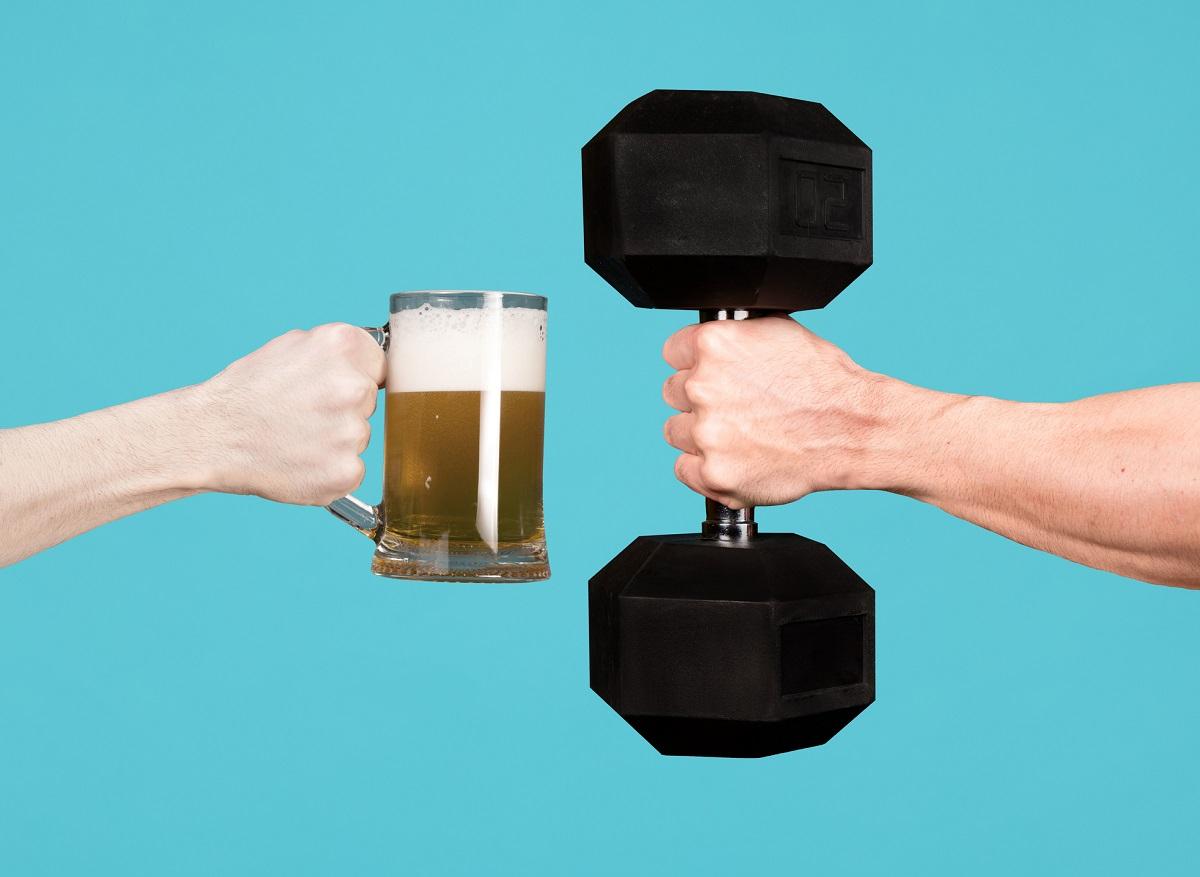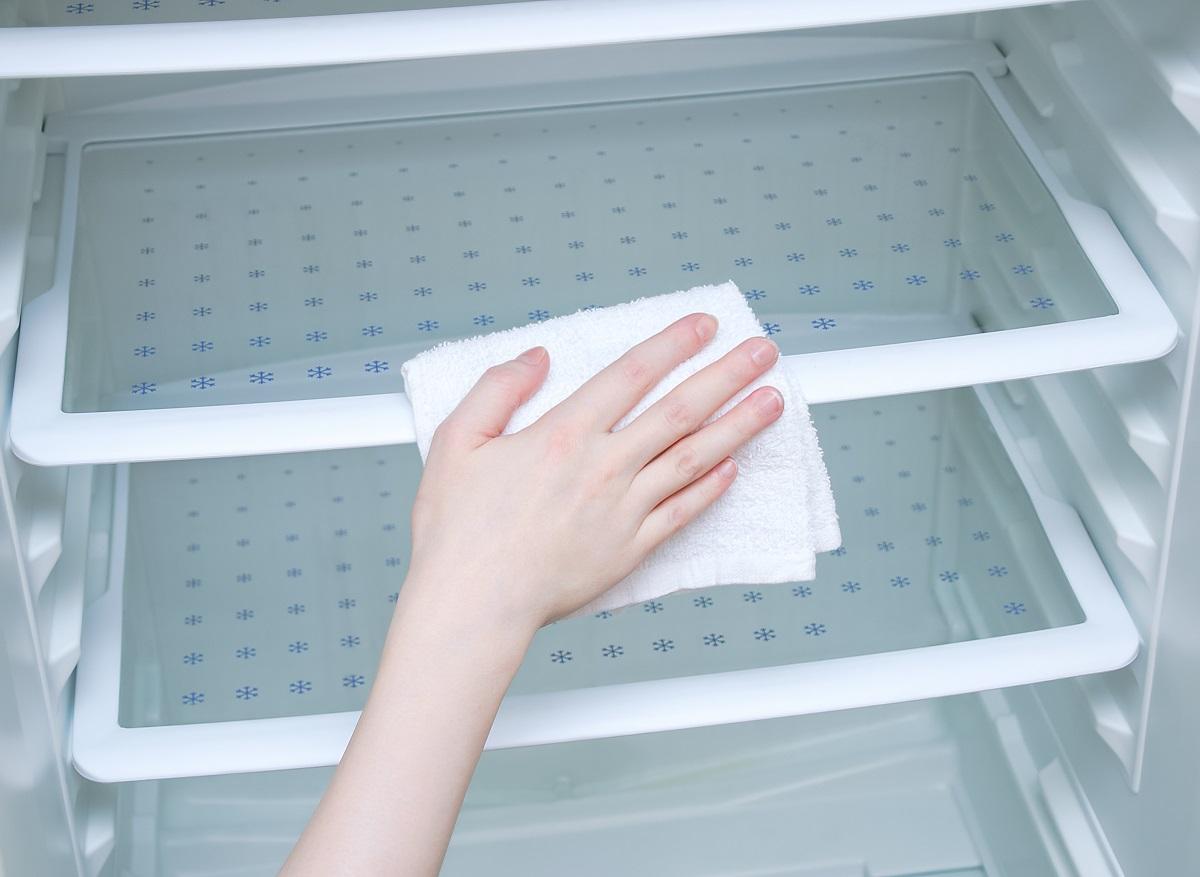
When we take our shower, all the hot water disappears through the shower drain. A shame, because it takes a lot of energy to heat up water. That can be done smarter; with the shower water heat exchanger.
When you shower, hot clean water becomes hot dirty water. You want the dirty water to disappear into the sewer, but with all the heat removed. And you can! With a shower water heat exchanger, also known as shower heat exchanger.
What is a shower water heat exchanger?
A heat exchanger is a device that transfers the heat from a hot liquid or gas to a cold liquid or gas. This usually consists of two tubes in contact with each other. The liquid in these two tubes flows against each other, with the heat flowing through the wall of the warm tube to the cold tubes.
The cold, clean water flows in on one side, the warm water on the other. On the other hand, the meanwhile cold filthy water goes to the drain, while the heated clean water can be used for showering.

A good shower water heat exchanger can recover about 60% or more of all the heat. The cold water at first around 11 degrees, it is heated up to 25 degrees. This means that the shower water only needs to be heated up to less than half, to 37 degrees, which of course saves more than half in the energy bill for showering. On average, if you shower every day, this saves between 450 and 500 kWh per person per year, around 70 m3 of gas.
This saves considerable costs, especially if the water comes from an electric boiler. These devices are very popular in Canada and the United Kingdom and can be installed for several hundred euros. Do you and your roommates shower a lot? Then you will have this device out in less than five years.
What is needed to install this?
Unfortunately, in an existing home, some necessary cutting and breaking work is required. You have to replace the drain with a heat exchanger. In the new home, or if you already want to install a new bathroom, it is much easier to realize.
Another alternative is a shower tray heat exchanger. You can place this as a shower cubicle, so it does not require any demolition work. It does, however, recover slightly less energy, around 55%. Is a shower water heat exchanger interesting for you? Discover it at EnvironmentCentral.


















